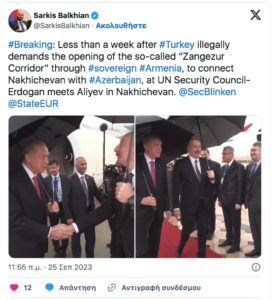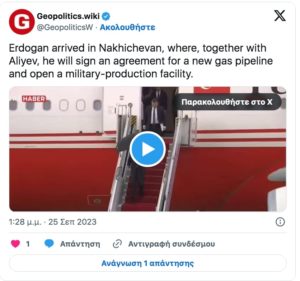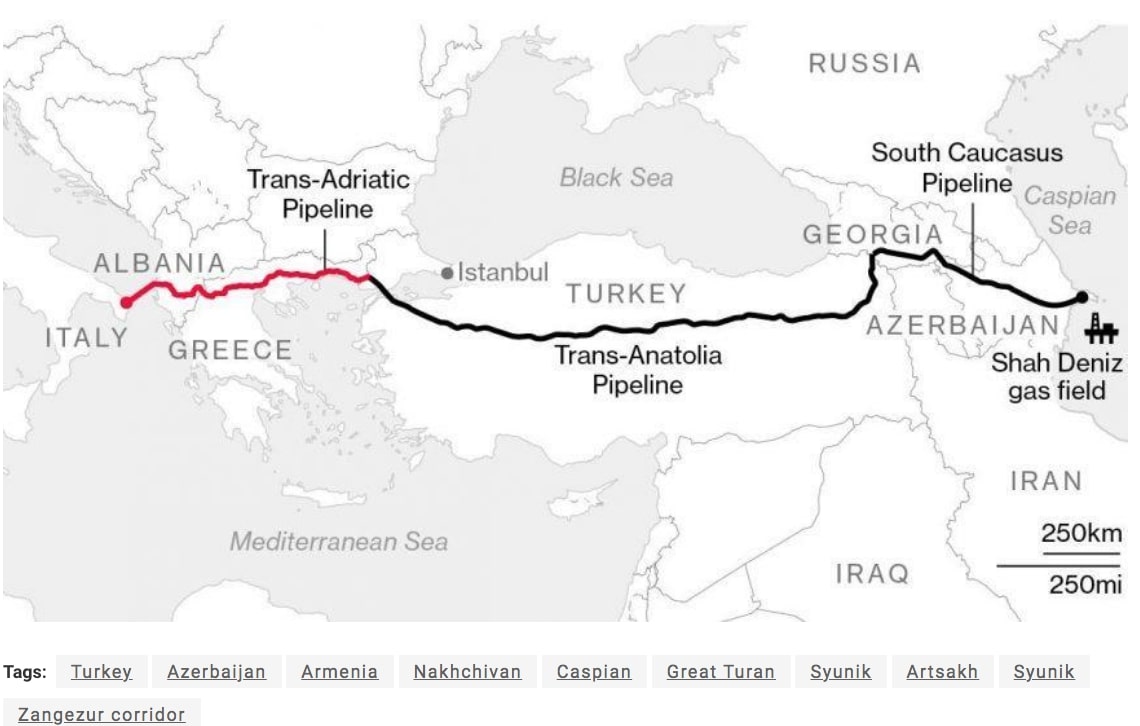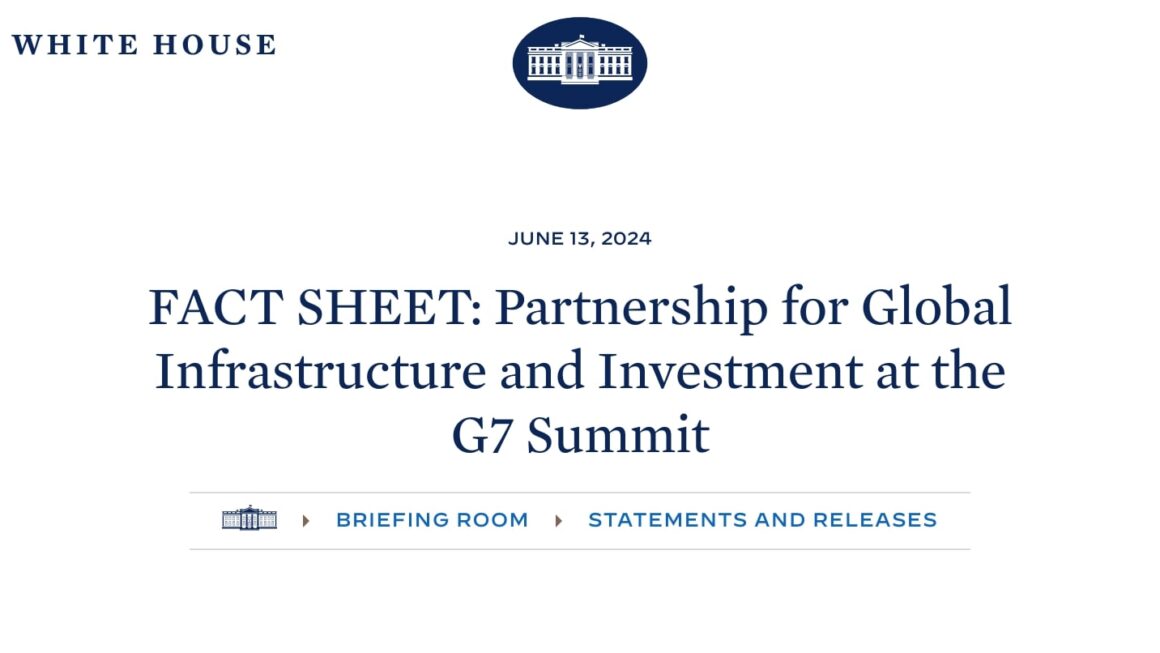Introduction:
In recent geopolitical developments, the Turko-Azeri alliance is making significant strides towards establishing the Zangezur Corridor, a strategic passage that would effectively ‘cut’ Armenia into two parts. This move is perceived as a step towards the realization of ‘Greater Turan,’ a vision that carries profound implications not only for the countries directly involved but also for neighboring Georgia and the European Union (EU). This article delves into the potential ramifications of the Zangezur Corridor on regional stability, diplomatic relations, and the broader geopolitical landscape.

Background:
The Zangezur Corridor, also known as the Syunik Corridor, refers to the narrow strip of land that separates Armenia’s main territory from its Syunik province. Recent agreements between Turkey and Azerbaijan have paved the way for the establishment of a direct transportation route through this corridor, effectively isolating the Syunik province from the rest of Armenia. This development is seen as a strategic move to enhance regional connectivity, but its geopolitical consequences are raising concerns among neighboring nations and international observers.
Implications for Armenia:
For Armenia, the Zangezur Corridor poses a direct threat to its territorial integrity. Dividing the country into disconnected parts not only hampers its economic and social cohesion but also raises questions about its sovereignty and security. The prospect of reduced mobility and strained internal communication could exacerbate existing challenges, including economic stability and political unity.

Impact on Georgia:
The establishment of the Zangezur Corridor has implications for Georgia, a neighboring country with its own complex geopolitical dynamics. The increased regional tensions might spill over into Georgia, potentially impacting its fragile balance of power and ethnic relations. Furthermore, altered trade routes and geopolitical alliances could disrupt Georgia’s economic interests, leading to increased uncertainty for the nation.
Concerns for the European Union:
The EU, which has actively engaged in the South Caucasus region, might find its efforts to promote stability and cooperation challenged by the Zangezur Corridor. The potential escalation of tensions could affect existing projects and partnerships, hindering the EU’s goals of fostering regional integration and democratic reforms in the affected nations.

Conclusion:
The Zangezur Corridor presents a complex geopolitical challenge with far-reaching consequences. While regional connectivity and economic opportunities are crucial for sustainable development, it is imperative for all parties involved to consider the long-term stability and security of the region. Addressing the concerns of Armenia, mitigating potential spillover effects on Georgia, and safeguarding the EU’s interests require diplomatic efforts, dialogue, and a commitment to peaceful resolutions. As the situation unfolds, international cooperation and proactive diplomacy will be vital in ensuring a stable and prosperous future for all nations involved.














